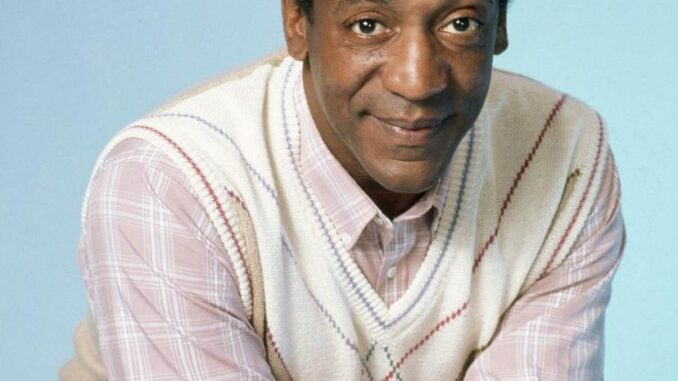
Bill Cosby was once celebrated as America’s Dad, a beloved figure who shaped television with The Cosby Show, a groundbreaking series that depicted a successful African American family.
However, the numerous allegations against him have tarnished that legacy, turning admiration into controversy. Rashad, who worked closely with Cosby for years, finds herself at the center of this tumultuous discourse. Rashad has publicly stated her belief in Cosby’s innocence, emphasizing that the accusations against him should not overshadow the positive impact he had on many lives. In her remarks, she urged society to “forget these women,” suggesting that the allegations are not credible and that they detract from Cosby’s legacy. Her comments reflect a deep loyalty to her friend and colleague, stemming from their years of shared experiences on set.
Rashad’s defense has sparked outrage among many who view it as dismissive of the victims’ experiences. Advocates for survivors argue that her words undermine the courage it takes to come forward with such allegations. The backlash against Rashad highlights the societal divide regarding issues of sexual misconduct, accountability, and the complexity of believing survivors. Rashad’s stance raises critical questions about loyalty and the responsibility of public figures. While she may feel a sense of allegiance to Cosby, many believe that this loyalty should not come at the expense of acknowledging the pain of those who have spoken out. It brings to light the difficult balancing act between supporting friends and respecting the voices of survivors.
Both Rashad and Cosby have faced consequences due to the ongoing controversy. While Rashad continues to work in the entertainment industry, her comments have resulted in mixed reactions from audiences and colleagues. Cosby, on the other hand, has seen his reputation irrevocably damaged, even as he maintains his innocence. The fallout from their shared history illustrates the profound effects of public perception and personal relationships in Hollywood.
The situation has sparked a broader dialogue about accountability, victimhood, and the complexities of relationships in the face of serious allegations. While Rashad’s loyalty to Cosby is evident, many argue that true friendship sometimes means acknowledging uncomfortable truths. The discussions prompted by her comments encourage a re-examination of how society approaches allegations of sexual misconduct.
Phylicia Rashad’s defense of Bill Cosby is a polarizing topic that encapsulates the challenges of loyalty in the midst of controversy. As conversations continue, it is essential to consider the perspectives of all involved—friends, victims, and society as a whole. The legacy of The Cosby Show may be forever altered, but the discussions it ignites about justice, friendship, and accountability are more relevant than ever. In navigating this complex landscape, we are reminded of the importance of empathy, understanding, and the need for open dialogue.
